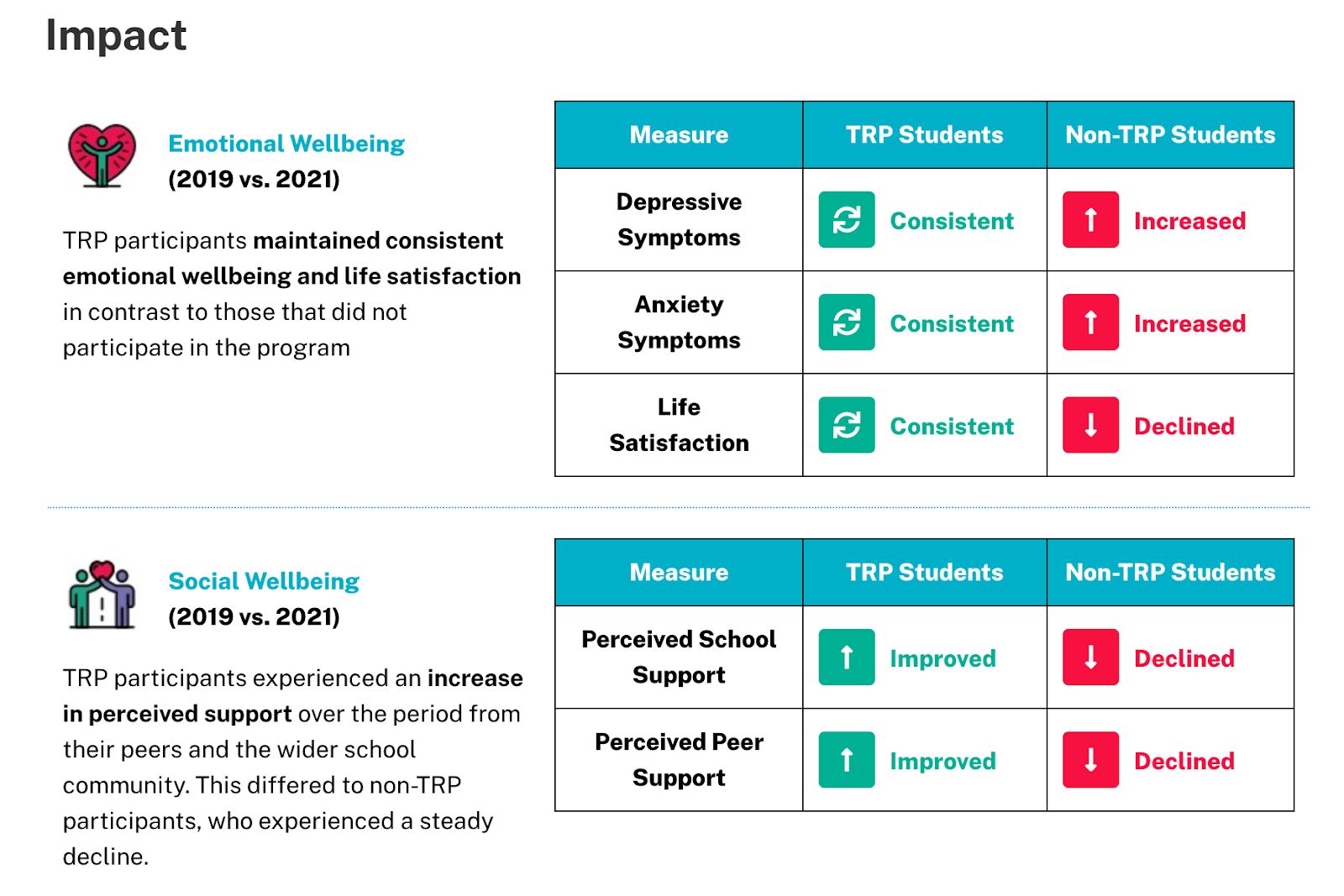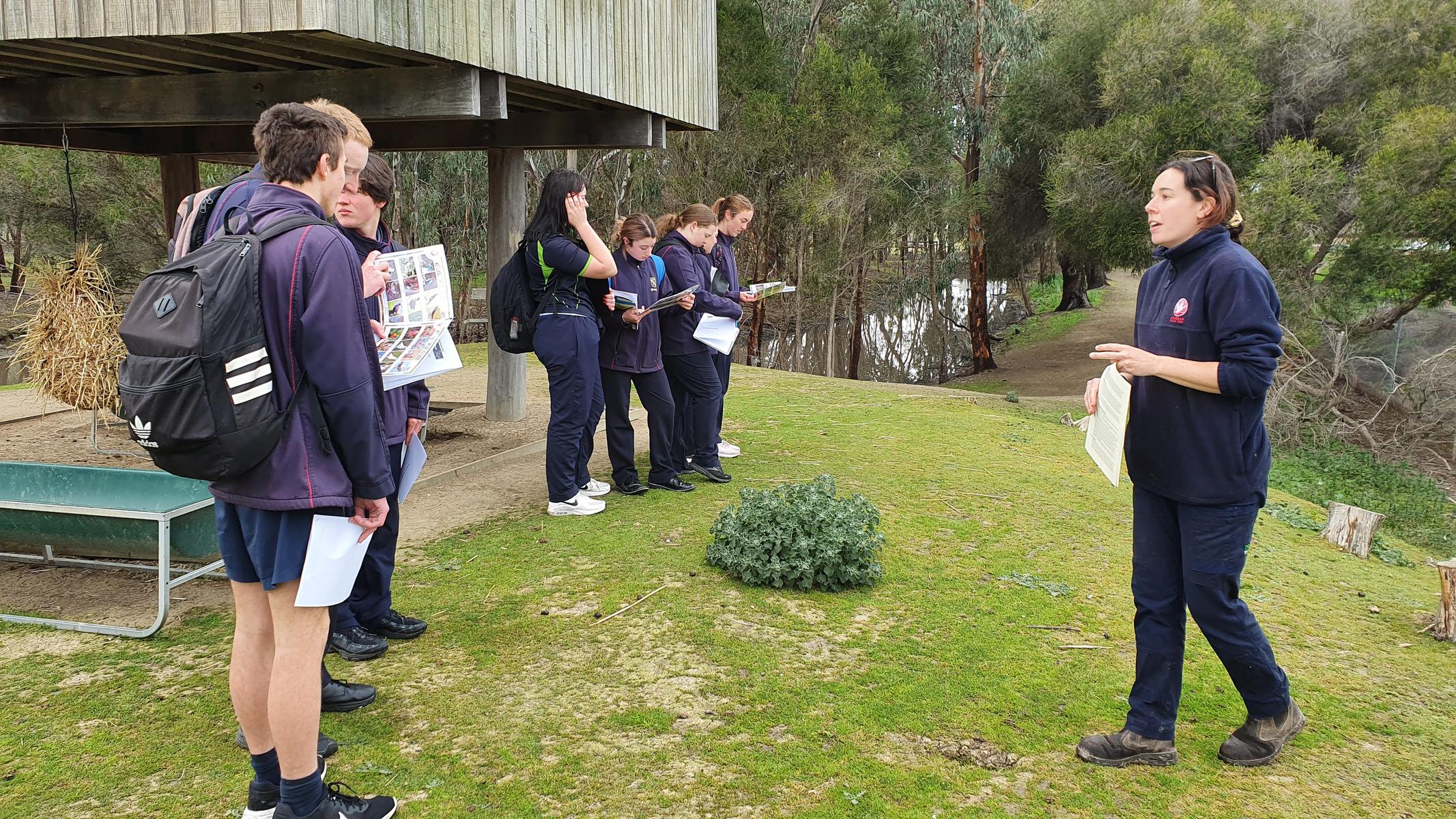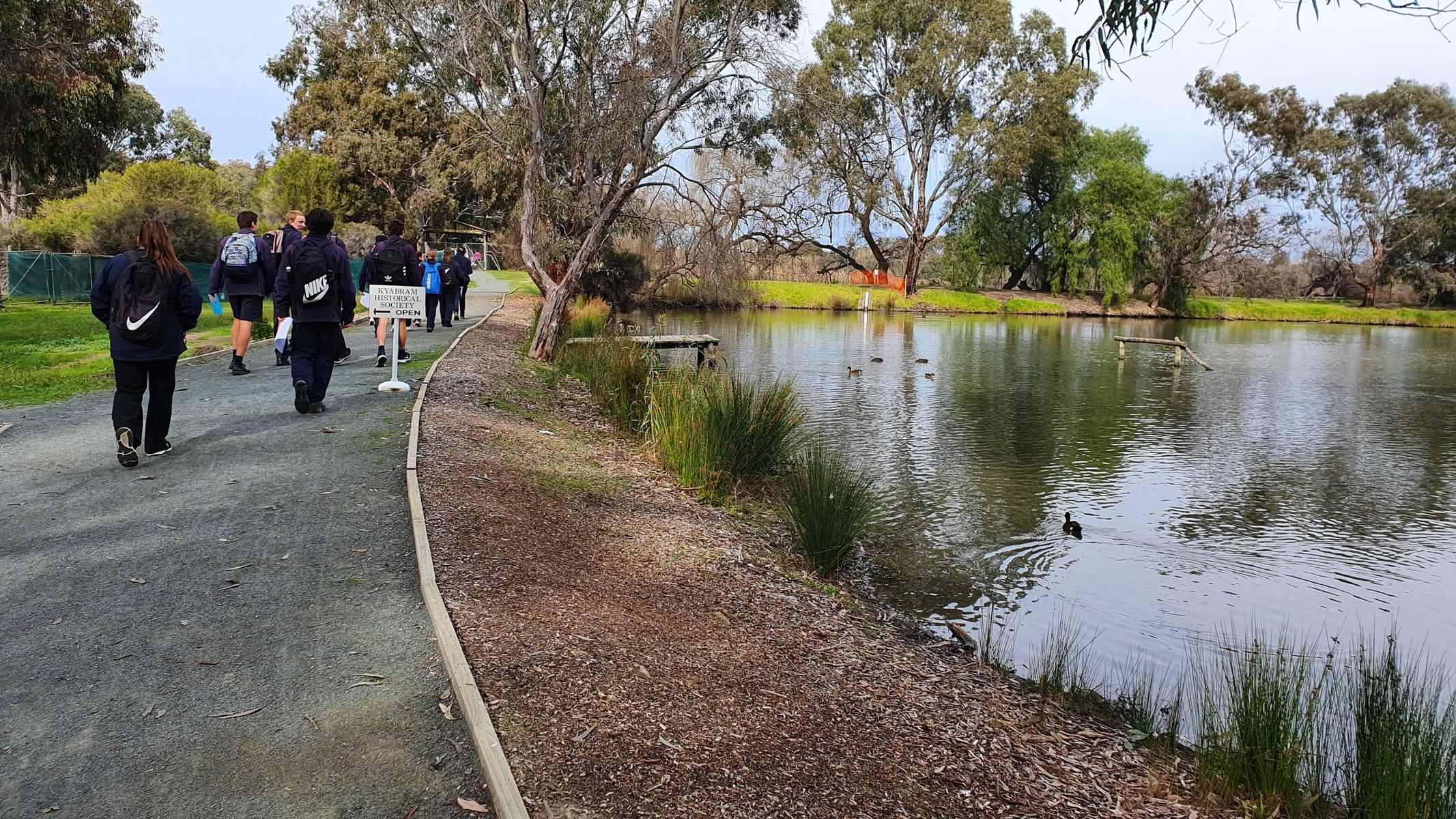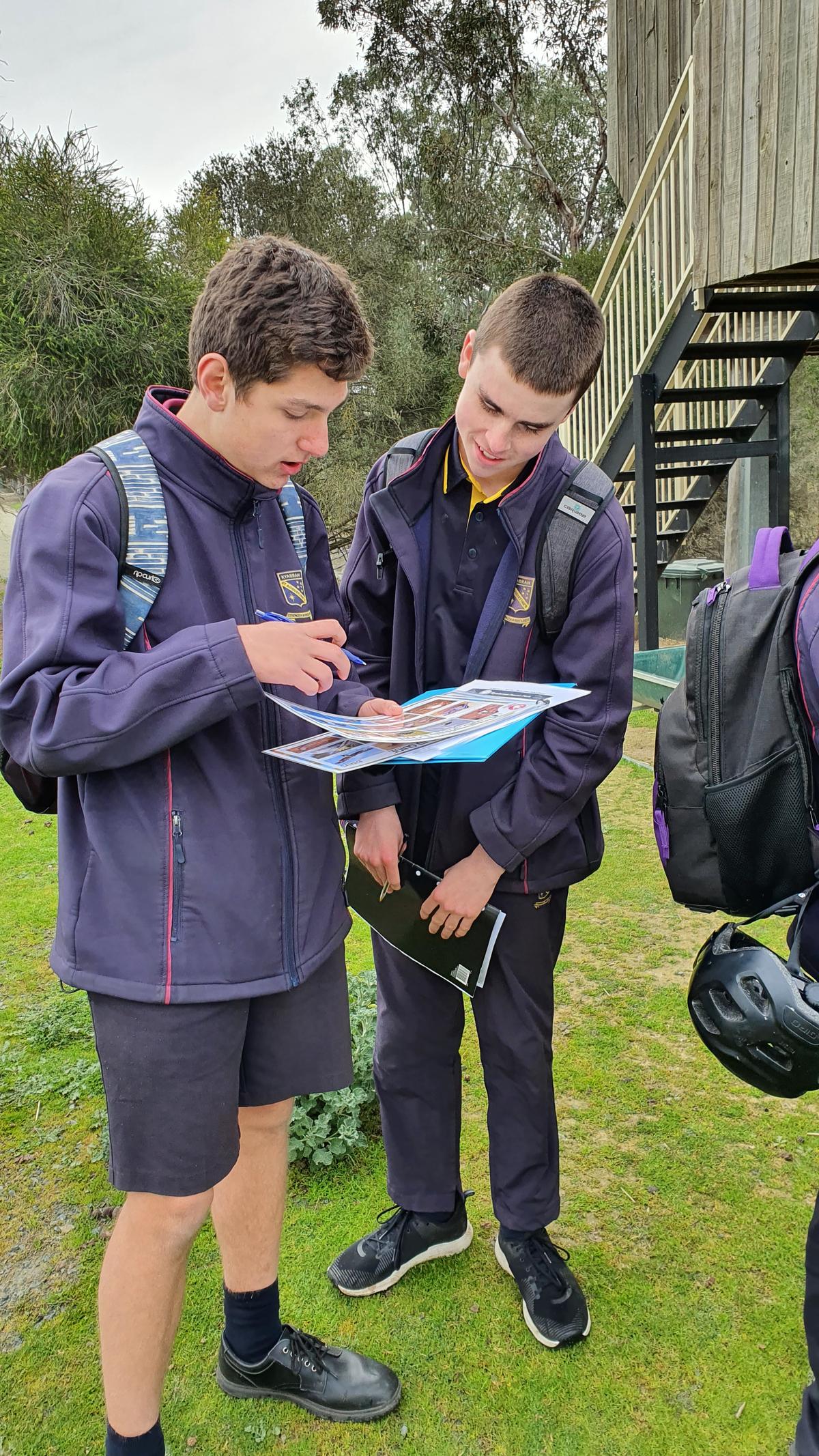9-12 Community News
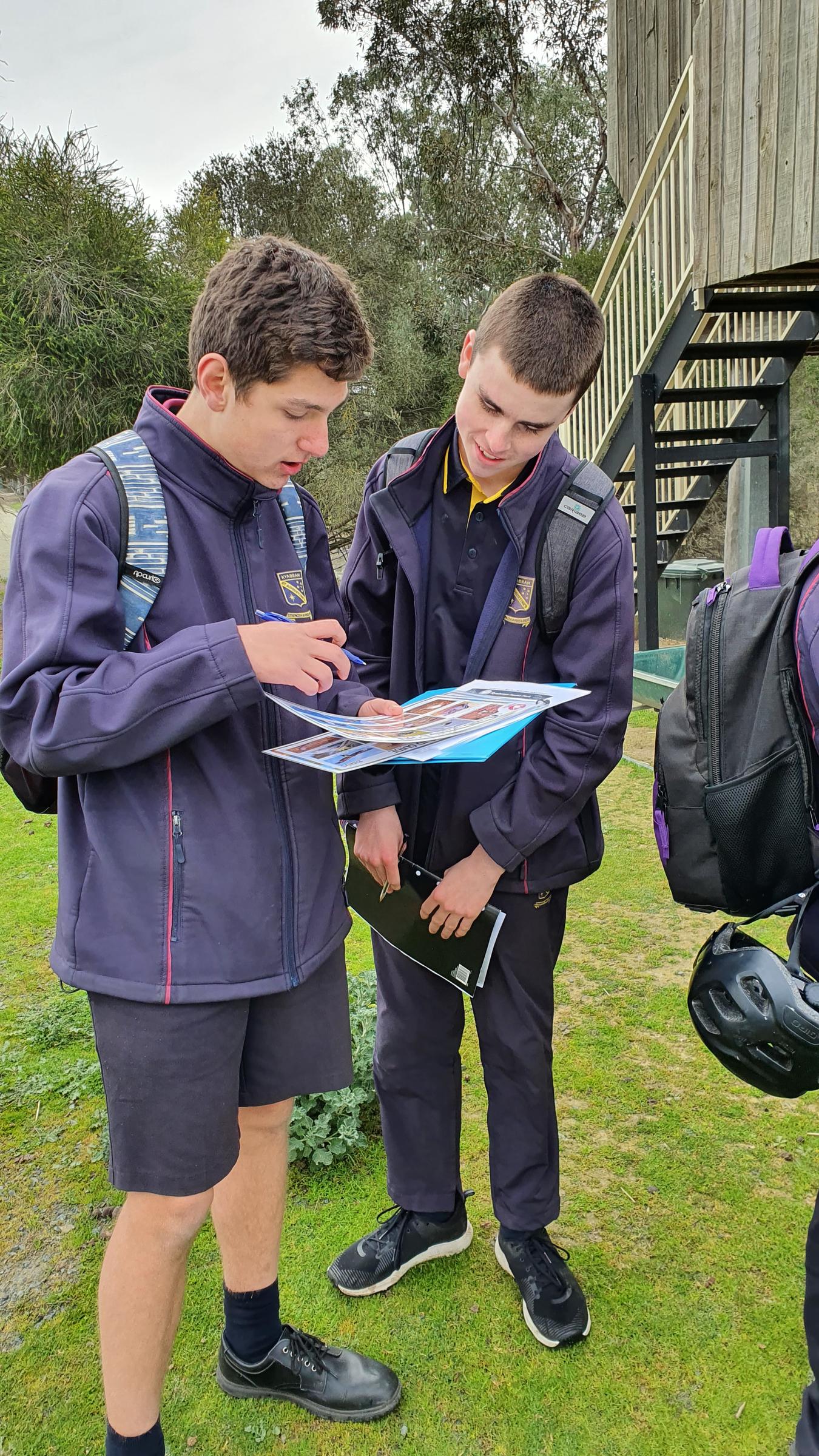
It’s hard to believe that we are halfway through Term 3. The remainder of this term is ‘jam-packed’ with many events on the College calendar.
Next Tuesday, 16th August, all Year 9 students will be engaged in a full day seminar, facilitated by external presenters, called ‘Real Talk’. The seminar will commence following TA in the Auditorium for all students.
Students are able to wear appropriate casual dress on the day.
Real Talk is an organisation that is all about getting REAL on the topics of sex, relationships and personal identity. During the presentation, students will hear from presenters from the organisation Real Talk who present on the topics of relationships, sex, self-worth and personal identity. Based on Catholic Christian values and using personal testimony from a team of dynamic presenters, Real Talk provides up-to-date resources, presentations and programs that help young people to understand God’s amazing plan for love and life.
The seminar is for a full day. All Year 9 students will participate in Periods 1 to 4 in the ‘Love and Life’ workshop in the Auditorium, before shifting in to the single-sex workshops after lunch for Periods 5 and 6. The male cohort will be participating in the ‘Stronger’ session and the female cohort will be participating in the ‘Brave and Beautiful’ session.
Next Friday, 19th August, we look forward to the Years 7-12 students taking inspiration from the exploits of our Commonwealth Games athletes, attempting to run, jump and throw faster, higher and stronger (further), as they compete for their house in the 7-12 Athletics Carnival. We are sure you will represent yourself and your house well on this day.
Students across the College have been very active in supporting St Vincent de Paul's “Winter Appeal Initiative”. We strongly encourage all members of our community to contribute to this worthwhile cause by donating non-perishable food items to those in need. Thank you to all the students and families who have already contributed to this year's campaign.
In TA sessions, we are continuing to deliver the curriculum of The Resilience Project (TRP), which is helping students to develop their understanding of themselves, emotional literacy and the ways in which mindful thinking and acting can help them navigate the challenges of life.
Below is some interesting information that was recently released about the benefits of TRP.
Prior to COVID, the Mental Health Productivity Commission had identified that young people are disproportionately impacted by poor mental health and suicide and that a focus on prevention and early intervention was critical.
In January 2022, The Murdoch Children’s Research Institute (MCRI) released a report on ‘The Indirect Impacts of the COVID 19’ pandemic on young people and Adolescence”. It reiterated that not only do we need to support young people in a preventative manner but also “highlighted the importance of schools beyond academic learning, where the social, emotional, and physical health of children and young people can also be supported”.
Acknowledging the challenges experienced by young people throughout the pandemic, The Resilience Project wanted to further understand the impact on their mental health and ensure the TRP school program best met the current needs of young Australians.
How was the evaluation conducted?
Through the established partnership with Resilient Youth Australia (RY), all schools which participate in The Resilience Project schools program are invited to complete the scientifically validated resilience survey on an annual basis. The University of Adelaide, led by Dr Mark Kohler, was then able to conduct an independent review, analysing and comparing the data collected from the schools that participated in The Resilience Project schools program in 2019, 2020 and 2021 (83,002 students) with those that did not participate (79,699 students). The key finding are detailed below:
The Resilience Project has an ongoing commitment to ensuring the programs offered meet the needs of students, teachers and parents along with a strong focus on continual improvement.
We would like to remind our parents and carers about TRP@HOME. This website has many valuable resources that support the work we do at school.
https://theresilienceproject.com.au/at-home/teens/
With only five weeks left of term, VCE and VCAL students continue with their coursework and assessments and many are looking ahead to the end of their secondary studies.
All Year 12 students are meeting with Cath Anderson to plan the next stages of their lives. For those who are considering tertiary study, we encourage them to investigate the many tertiary institutions that are available. Information about Open Days is available on the VCE/VCAL Noticeboard site.
Students are reminded that, from Week 7, in line with the College’s Sun Smart policy, hats will once again be expected to be worn when students are outside during recess and lunch times and during outdoor class activities.
Details of the College Uniform Guide and Policy can be found on SIMON/PAM and the College website.
Finally, we look forward to seeing many parents and students attend our Subject Teacher Conversations day to be held on Thursday 25th August. This is a great opportunity to meet staff and have a conversation about your child/rens academic progress and work habits as we head toward the end of another busy term.
Michelle Downie Brad Downie
9-12 Community Leader 9-12 Community Leader
Wellbeing & Community Student Learning and Professional Practice
Parents Guide to Open Days
With the beginning of ‘Open Days’ season for tertiary institutions, we bring to the attention of parents of Years 11 and 12 students this excellent article from The Parents Website. https://theparentswebsite.com.au/how-to-make-the-most-of-uni-open-days-2/
This article gives some excellent tips and information for parents of Years 11 and 12 students to help them navigate their way through the Open Days that various universities and colleges will be running in 2022.
Foot & Mouth Disease - Years 9/10 Ag/Hort
You may have heard about Foot & Mouth Disease (FMD) in the media lately. The Years 9/10 Ag/Hort class has been learning about this disease, and why it is important that we understand it.
FMD is caused by a highly contagious virus that affects cloven-hoofed animals, like sheep, cattle, pigs and goats. Animals with the disease experience blisters in their mouths and between their toes. These blisters are so painful, animals can be unable to eat or walk to access food and water. Australia has been free of FMD since 1872.
Why is it in the media now?
FMD has recently started spreading in Indonesia, for the first time since 1986, and has spread to 23 of Indonesia’s 37 provinces, including Bali. Because so many Australians holiday in Bali and cows roam in the streets, the virus could very easily spread to Australia on people’s shoes and clothes.
Why do we need to know about it?
Because it only takes one person to bring it to Australia. If you travel overseas, particularly to Bali, it is incredibly important that you declare any animal goods and either thoroughly disinfect your shoes or leave them there. Even if you don’t think you could be the spreader of the disease, it could be anyone.
What would happen if FMD was found in Australia?
All trade of livestock would immediately stop. Abattoirs, saleyards, shearing and transport of animals would all cease for a period of time. Australia would be unable to export meat for up to a year or more, and it could cost the country $80billion. The animals that are found to have FMD would need to be slaughtered and then either buried or burnt, so the virus doesn’t travel any further. This would be horrific for all involved.
Years 9/10 Ag/Hort Class
Outdoor and Environmental Studies Fauna Park excursion
The Units 1-2 Outdoor Environmental Studies class had an excursion to the Kyabram Fauna Park on Wednesday 10th August. The students were focusing on the characteristics of a wetland environment and how migration and climate change effect this environment. Students will use the information they collected on the excursion during their OAT.


